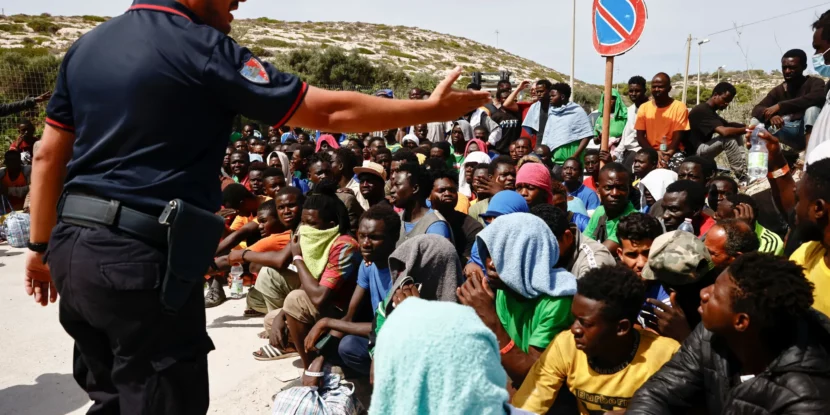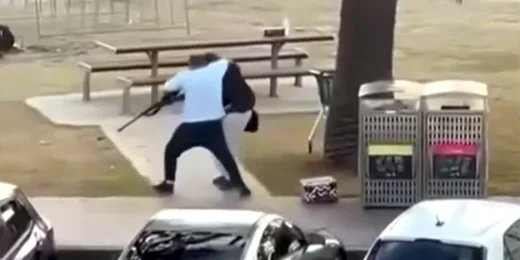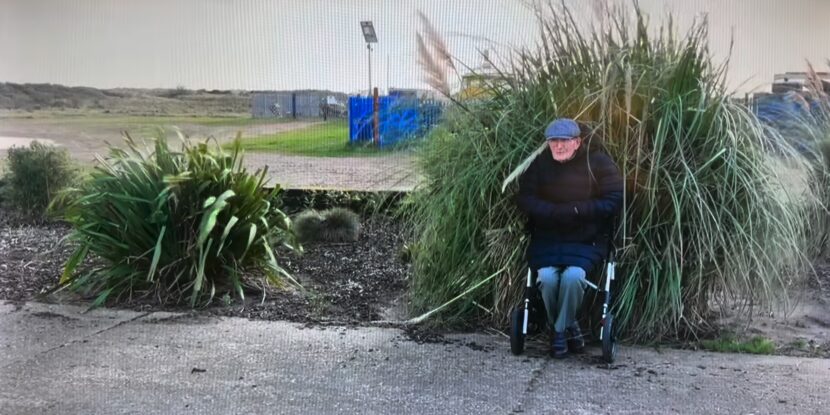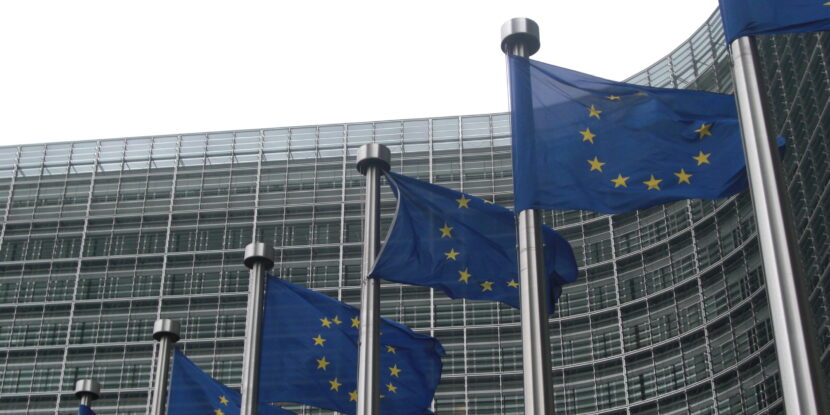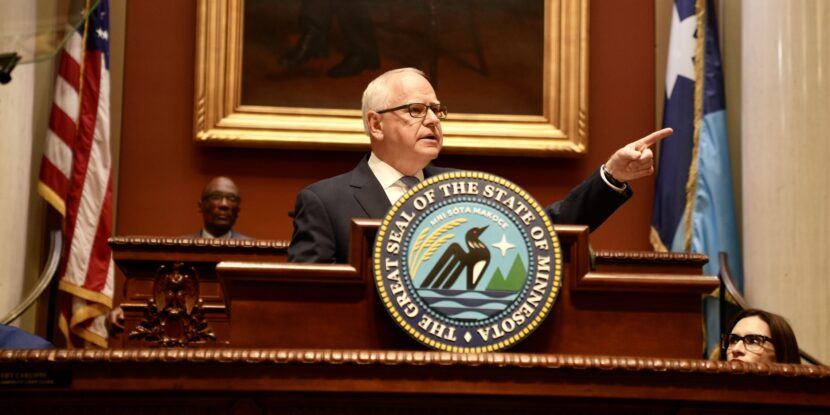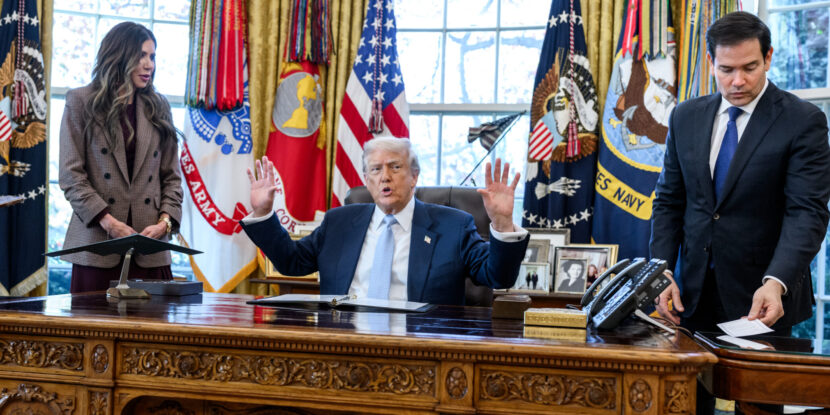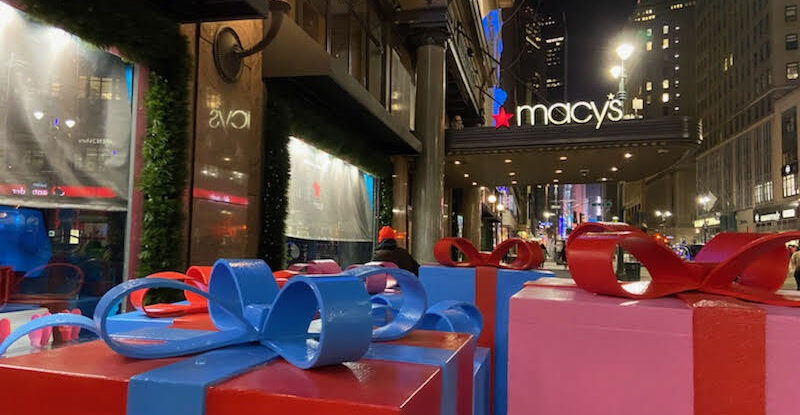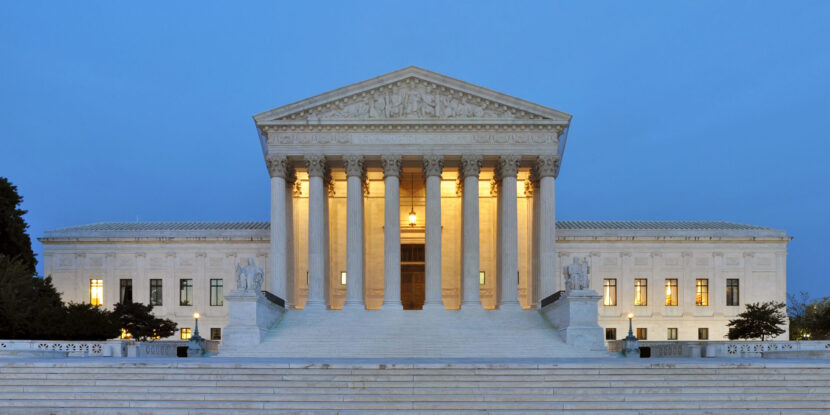The small Mediterranean island of Lampedusa has witnessed surging numbers of illegal migrants arriving on small boats and vessels from the African coast over the past week, causing tensions to grow between the migrant population and natives.
Lampedusa – situated between Malta and the Tunisian coast and belonging to Italy – saw some 7,000 migrants arrive on its shores over the past week alone, more than the number of permanent residents living on the island – around 6,000. The island itself is a tiny 7.8 square miles in size, which is around one-third of the size of the island of Manhattan, with the entire city of New York stretching 468.9 square miles.
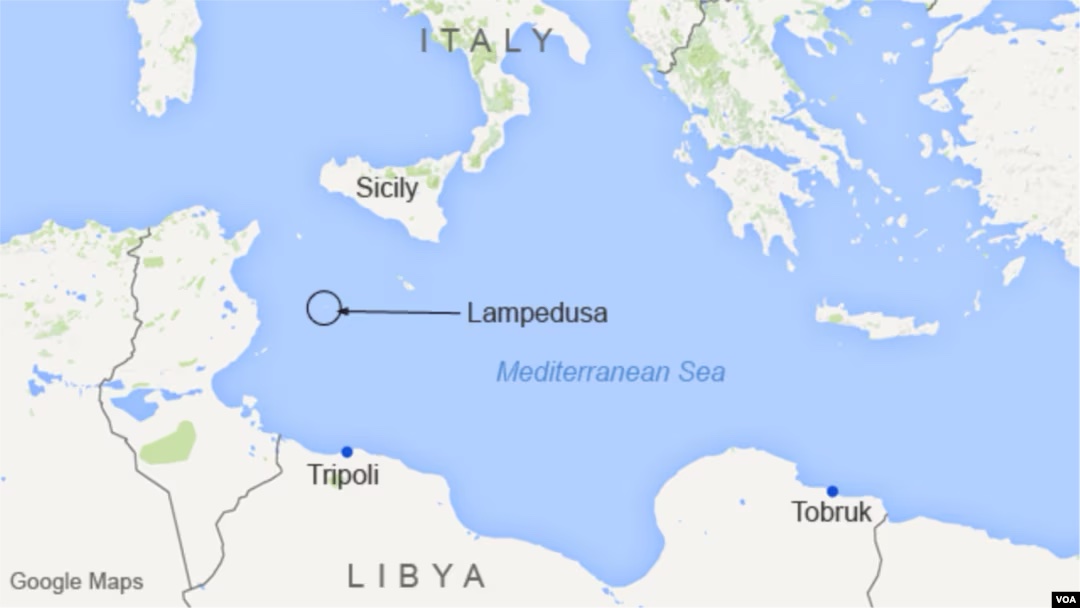
The island’s migrant reception center has a total processing capacity of 400 migrants, requiring authorities to declare a state of emergency. The vast majority were quickly transferred to the European mainland by the Italian government to assist with the administration, with over 1,700 transferred to Germany. Around 3,800 remained on the island on Friday, with another 500 arriving on Saturday.
The migrants arriving on the island are predominantly from sub-Saharan Africa and embark across the Mediterranean from the Tunisian coast and also Libya. Around 90 percent of those crossing illegally into Europe pay people smugglers and criminal gangs to assist them. The price often varies depending on the longevity and risk of the journey, but gangs usually charge anywhere between €3,000 to €10,000.
The invasion of Lampedusa in the last few days spells catastrophe for the EU and for us.
I warned them all in 2015 but no-one listened.
These young men must be sent back or millions more will come.
— Nigel Farage (@Nigel_Farage) September 18, 2023
Local residents were quick to protest plans to house illegal migrants in tents across the island, highlighting the need for Italian and European authorities to introduce meaningful policies to limit the flow of migration, which has consistently plagued the island for going on three decades and seen way over 250,000 people landing on its shores.
A number of residents even protested the visit of European Union Commission President Ursula von der Leyen on Sunday, with one telling the BBC: “Lampedusa says stop! We don’t want tent camps. This message is for Europe and for the Italian government. Lampedusa residents are tired.”
“We want to preserve the little piece of life that touches us, the little piece of dignity that we have. We want to enjoy it, otherwise we have to change the country,” said another.
The EU chief was joined by the Italian Prime Minister, Giorgia Meloni, who has demanded the European Union take action. “If somebody here in Europe were to think that this crisis that we are tackling and facing could just be solved within Italian borders, then it would be a very big and huge mistake,” Meloni said on Sunday.
Whether forthcoming measures will be effective remains to be seen, however, they are widely recognized as a last resort for the inhabitants of the island after the mayor of Lampedusa, Filippo Mannino, explained, “We have now reached a point of no return and the island is in crisis.”
